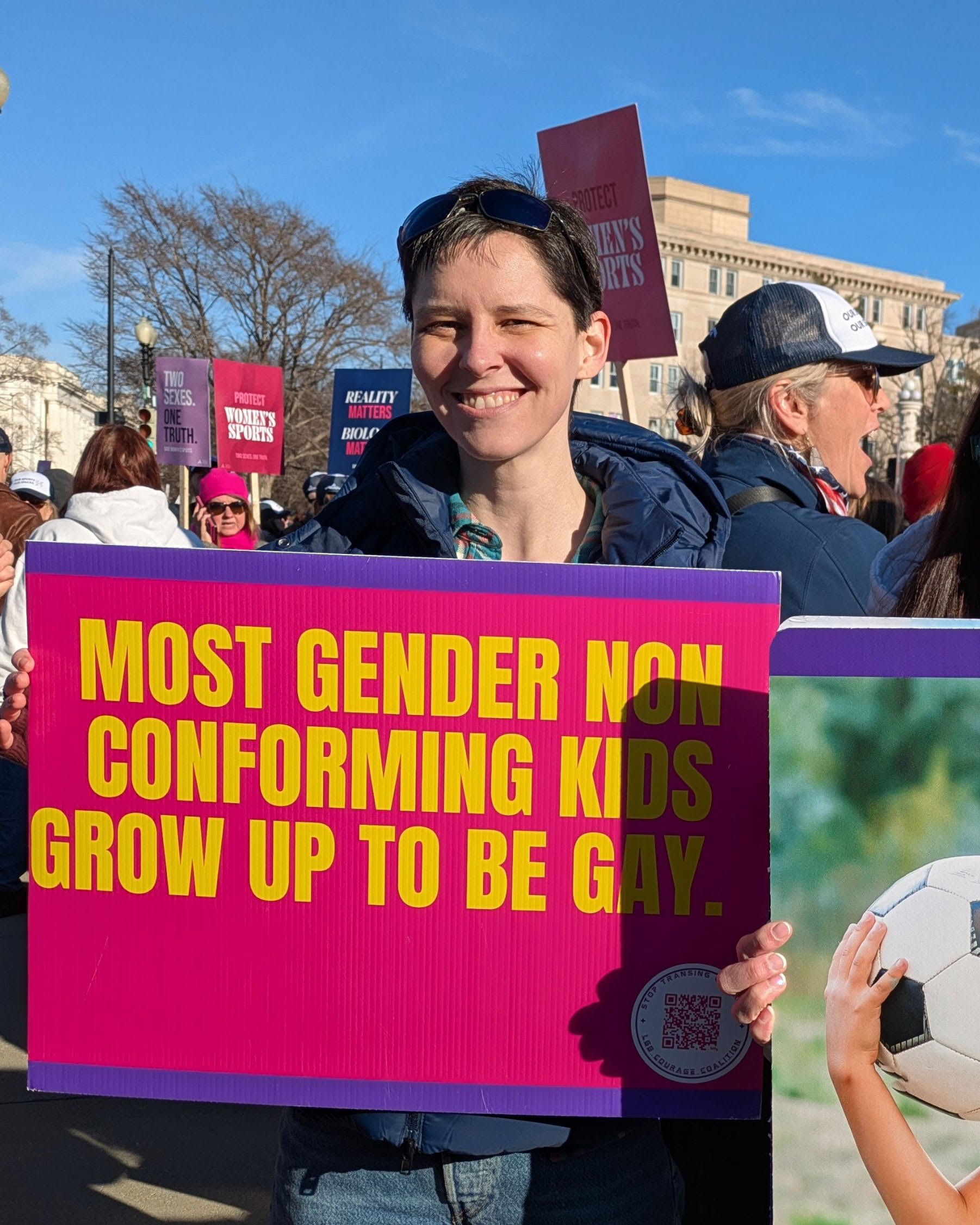Innovating while female: Women entrepreneurs face long odds
Venture investing is supposed to be a meritocracy, where the best ideas will win funding and support from powerful venture capital firms. But the reality for women-founded companies is often disturbingly different.
Women own about one-third of small businesses in the U.S., but receive just 10 percent of venture funding, according to a 2016 report from CrunchBase, which examined the gender dynamics at top VC firms and how their money is distributed. Along with the unequal access to capital, women business owners are increasingly going public with experiences of sexual harassment and biased questions from VC firms.
As a result, the traditional "elevator pitch," in which startup founders present an idea or business plan to potential investors, can seem more like a glass elevator. For the reality is that in Silicon Valley and other corners of the tech world, many women entrepreneurs are left on the outside of the venture industry looking in.
In turn, experts are asking whether a funding system that's overwhelmingly male -- only 7 percent of VC partners are women -- is systemically biased against women entrepreneurs. The much lower rate of funding for women-owned businesses also raises questions about whether the VC industry may ignore potent ideas and businesses because of gender bias.
"We know women entrepreneurs who have solid businesses who have several million in revenue, and who go out to raise Series A funding [from VC firms], and after 40, 50, 60 pitches, they don't get any funding," said Freada Kapor Klein, a partner at Kapor Capital, which has a mission to invest in businesses with social impact. "We have Caucasian men who have one-fifth of the amount of recurring revenue, and they get term sheets [for a deal]. We see that again and again."
Women entrepreneurs typically hear feedback that includes doubts about whether they are ready for the challenge of growing their business, or whether their customer base or industry is big enough to support the idea, she said, adding that the problems can be even worse for women of color.
"There's always a superficial business reason, but I think it's a justification for the bias, and not necessarily conscious," she said. The VC industry "funds or promotes men, especially white men, on the basis of potential, and it funds or promotes women, especially women of color, only after they've proven themselves."
The CrunchBase study that reported just 7 percent of partners at VC firms are women also found that dozens of firms lack any women partners. At the most diverse VC firms by gender, Scale Venture Partners and Greycroft Partners, one-third of partners are women. Both of those firms also are the only VC companies that were co-founded by women, the study noted.
VC firms may end up overlooking viable businesses simply because the founder doesn't fit the mold of young, white and male, experts said. One experiment from the Harvard Business School, MIT and the Wharton School highlighted how bias can shift funding away from women entrepreneurs. MIT professor Fiona Murray and her colleagues asked evaluators to assess a funding pitch that was identical except for one tweak: some heard a male entrepreneur narrating the pitch, while others heard a woman founder.
"It turned out that companies pitched by men were about 40 percent more likely to receive funding than those led by women," Murray wrote in a Boston Globe article about the research. "[Funding] is also social, cultural and highly emotional — that is where biases can creep in. That's bad for female entrepreneurs, and for investors who might be ignoring valuable opportunities."
VC partners are often searching for tech-related businesses that can scale quickly, like Uber or Airbnb. Women are more likely to create start-ups that are outside of the tech industry, or may provide a tech-related service, which might add to the hurdles that women entrepreneurs face.
"There is so much money to be made when you take women seriously," said Iman Oubou, the founder of media company Swaay.com. "There is a big problem with VCs taking women seriously. They take someone seriously with a hoodie and who has graduated from Stanford."
Women entrepreneurs may also lack a financial background, which hampers them when they are considering how to raise money and expand their business, said Lisa Schiffman, director of brand, marketing and communications for Americas growth markets at EY. She also serves as the leader for EY's Global Entrepreneurial Winning Women program, which identifies women entrepreneurs and helps them expand their business.
"Women seem to start many different kinds of companies," Schiffman said. "They are starting commerce businesses of all sorts, from flowers to undergarments."
She added, "Until recently there haven't been a great number of examples of women who established companies and have grown them successfully. You have some outliers like Oprah and [Spanx founder] Sara Blakely who have stratospherically succeeded. When more of them are better known, it will lead to more discussions about how they have gotten there."
The women-owned businesses that enter the EY program are helped with building networks of advisers, but they're also encouraged to "think big and be bold," Schiffman said. "Some women underestimate what they can accomplish. They think if they get it to $50 million in revenue, they think that's a lot. We think $500 million is where they should be."
That approach is paying off for EY and the women-owned businesses in its program, which include S'well Bottle and IT Cosmetics, which was bought last year for $1.2 billion in cash by L'Oreal. Revenue for the program's businesses were 54 percent higher than before they joined, she added.
"By not funding those women and their businesses, there are huge downsides," Kapor Capital's Klein said. "A lot of women and a lot of women of color bring forth ideas from their lived experiences: an idea about how to improve healthcare, how to improve access to healthy food, how to improve education in low-income communities, how to disrupt predatory lending."
She added, "When we don't fund those businesses, we lose the opportunity to fix those problems."



